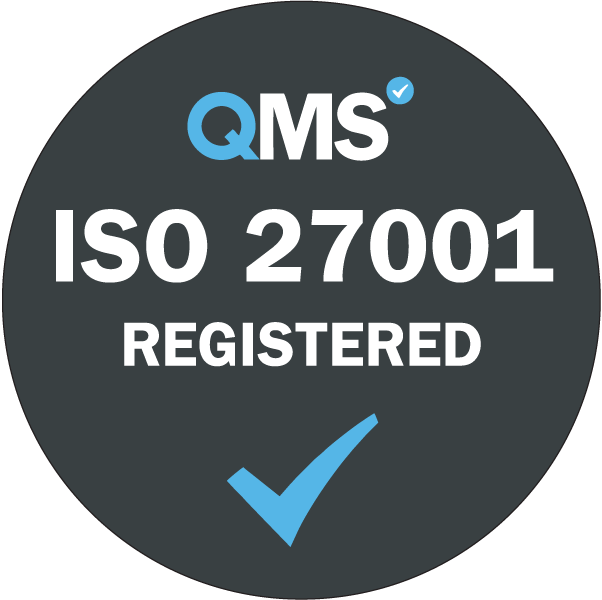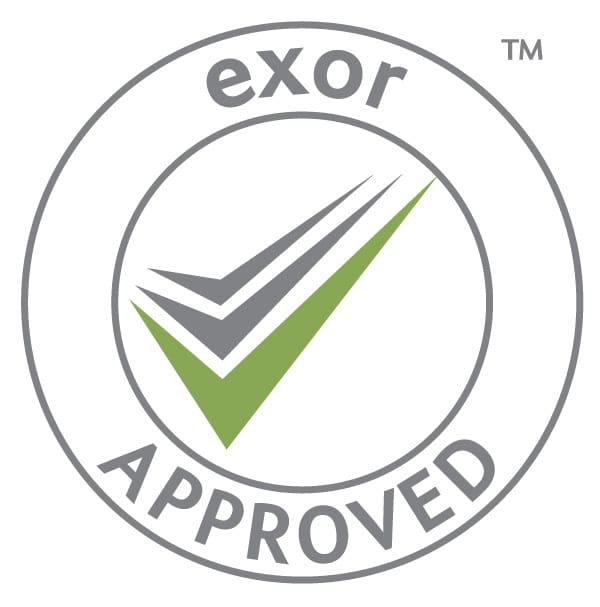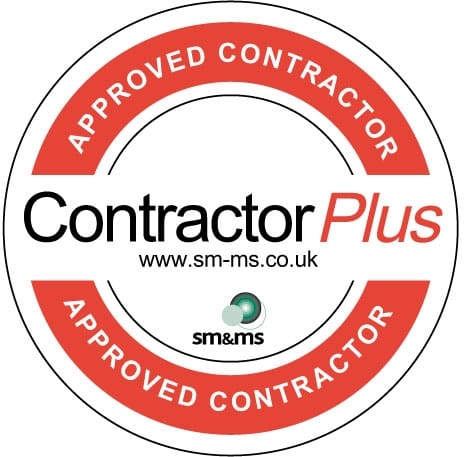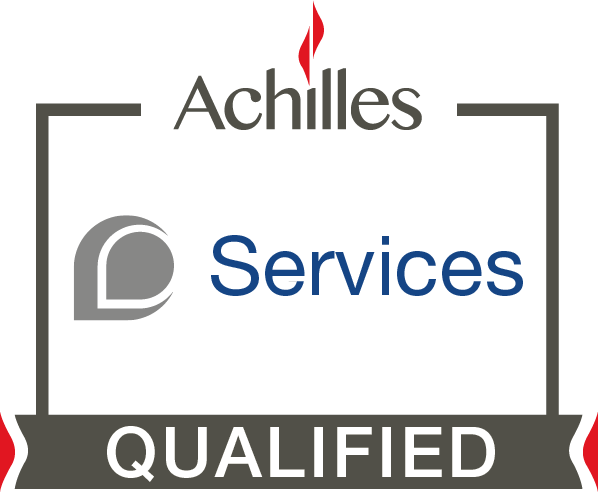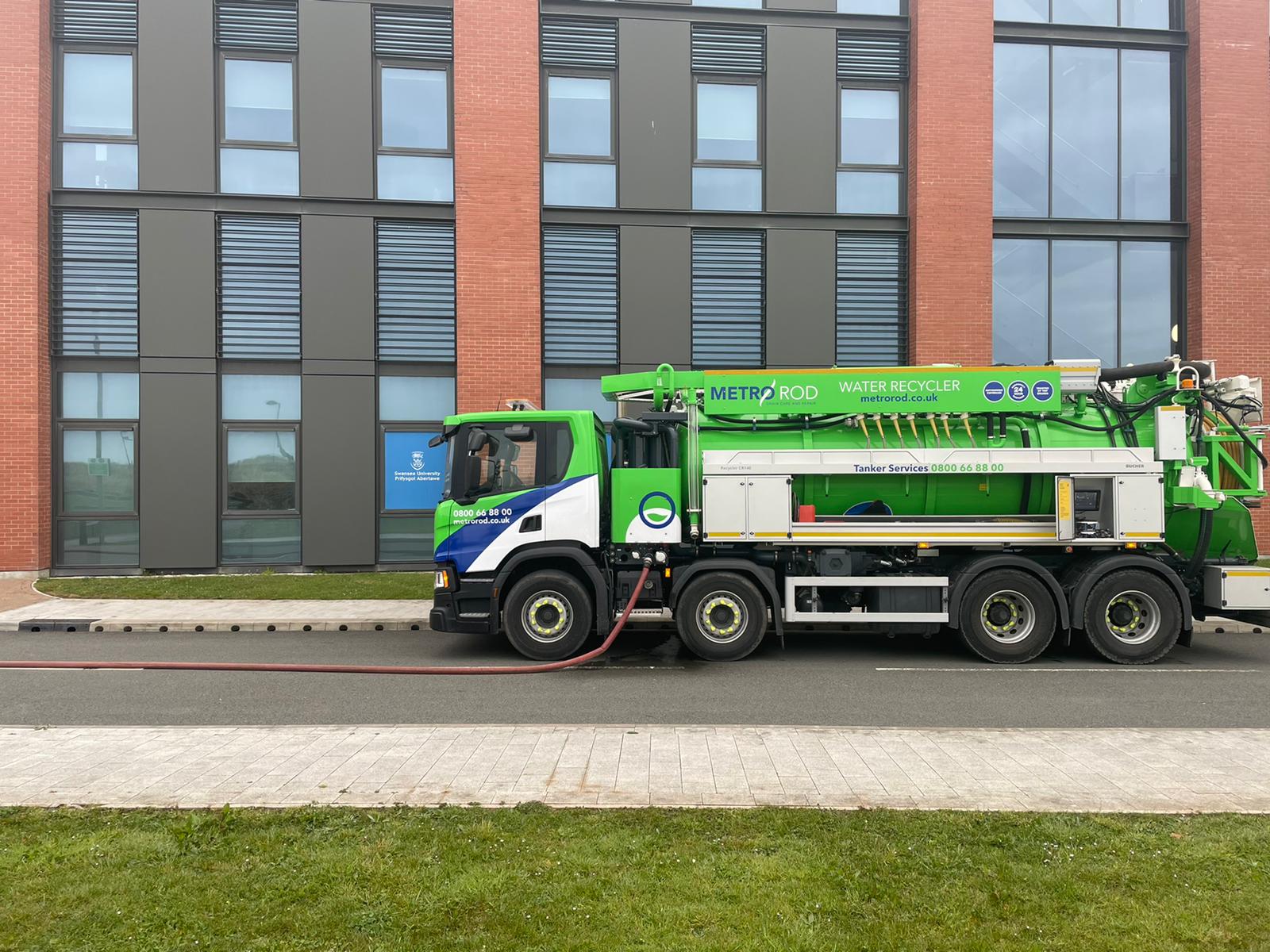
Sewage Treatment Plant Experts
Our engineers provide expert sewage treatment plant services all over the UK. Our national fleet tankers and highly trained engineers are available day and night to provide a variety of sewage treatment plant services for both commercial and domestic properties.
What is a Sewage Treatment Plant?
Sewage Treatment Plants, also known as Wastewater Plants, are used when access to a Main Sewage Drain is not available for your area. They break down sewage by passing it through several different chambers, each with a different function, to separate and treat the waste. Friendly bacteria living in the treatment plant are used to break down organic waste, creating a much cleaner, environmentally friendly effluent.
The size of a Sewage Treatment Plant depends on the number of people using it, for example, a domestic sewage treatment plant can service up to 50 people or 15,000 litres. For commercial buildings, industrial facilities and public facilities, a larger commercial sewage treatment plant is required.
Sewage Treatment Plant Services
In order to keep your sewage treatment plant in optimal condition you should follow the manufacturer’s guidance and keep it regularly maintained; Rule 12 of the UK Government guidelines recommends that you have your tank emptied and desludged at least once a year before it exceeds maximum capacity. This will prevent excessive build-up and ensure it has enough capacity to work efficiently, as well as prevent pollution.
Metro Rod engineers have the specialist equipment for inspecting, emptying, and maintaining Sewage Treatment Plants and can set up annual services. Some of these services include:
- Sewage Treatment Plant Installation
- Sewage Treatment Plant Guide & Advice
- Building Drainage Surveys
- Regulation Checks
- Sewage Treatment Plant Servicing & Maintenance
- Effluence Quality Checks
- Desludging and Cleaning
At Metro Rod, we offer emergency callouts 24 hours a day, as well as pre-planned maintenance services which can help to avoid unnecessary disruptions.
What is the Difference Between a Septic Tank and a Sewage Treatment Plant?
Both are used on properties with no access to main sewer lines but there are differences between them. A septic tank is used to collect sewage and wastewater from a limited number of domestic properties. They are generally made up of two chambers, the sewage settles in the first chamber to collect scum (fats, oils and grease) on the top and sludge (solid waste) on the bottom; the separated liquid in the middle filters through into the second chambers and is discharged to a nearby soakaway or drainage field.
A Sewage Treatment Plant typically has an extra chamber to treat wastewater and sewage to a higher level. After collecting the sewage in the first chamber and letting it settle to remove scum and sludge, the wastewater flows into a second chamber is circulated to increase contact with air. This increases oxygen levels and encourages bacteria to grow; breaking down the sewage. This circulated wastewater flows into the third chamber where the bacteria is allowed to settle on the bottom, and the treated water flows out to a drainage field or soakaway. This creates a cleaner and environmentally friendly process by breaking down the waste over time. You can find out more about the differences and which one you may require with our comparison here.
Why Choose Metro Rod for Your Sewage Treatment Plant Services?
With over 40 years’ experience in sewage treatment plant installation, maintenance, cleaning and repair, Metro Rod is one of the most experienced drainage companies in the UK, and can provide you with a reliable, hassle-free service.
Our expert engineers are trained to the highest industry standard and have access to the latest technology and equipment. Allowing us to provide quick, effective and professional services with minimal disturbance.
We offer emergency callouts 24 hours a day, 7 days a week as well as pre-planned maintenance services to help avoid unnecessary disruptions.
To organise annual Sewage Treatment Plant maintenance get in touch with your local depot today or call us on 0800 66 88 00.

